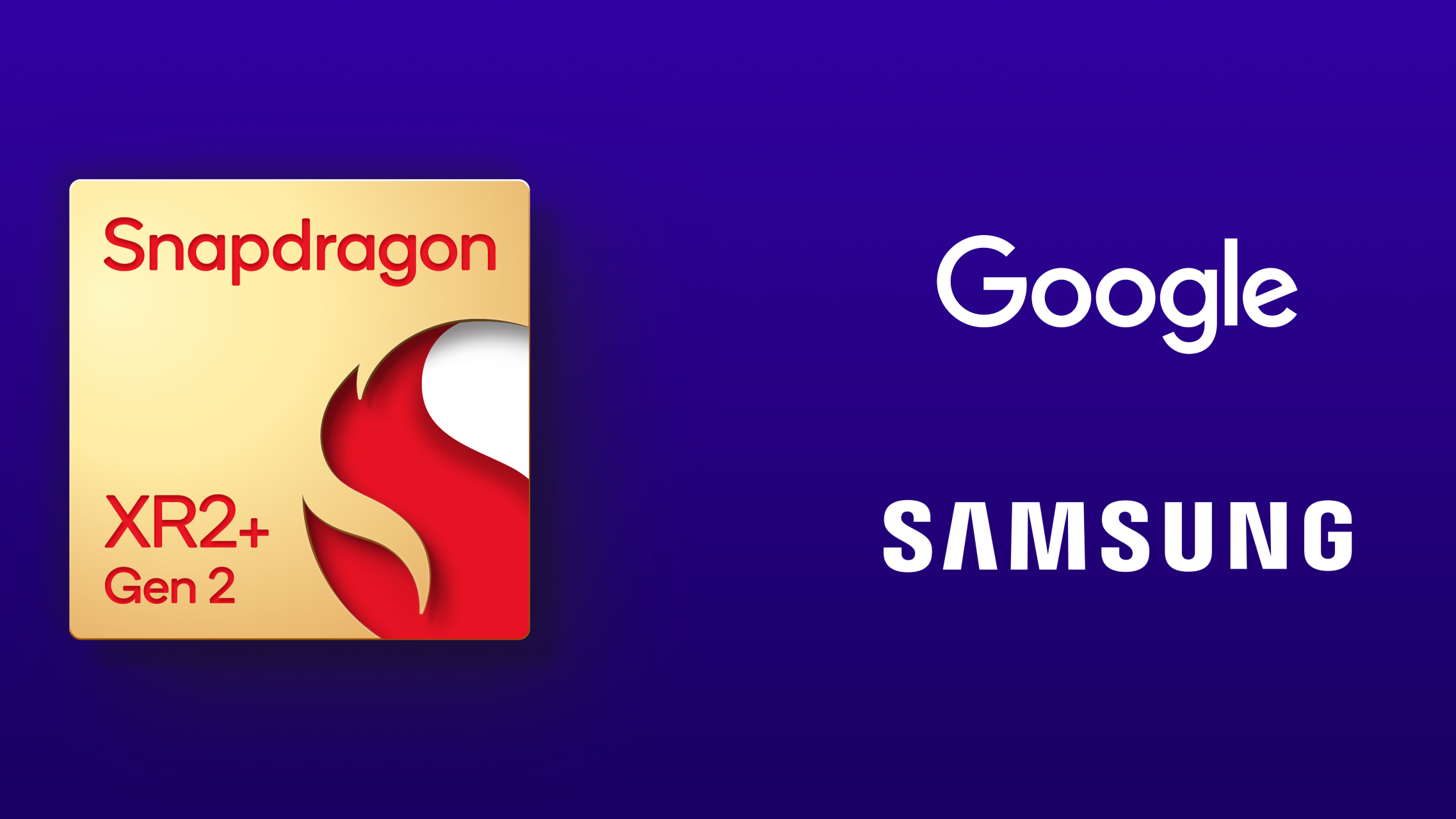Rumored Samsung XR headset appears on Geekbench with specs that could tease an AI-powered Apple Vision Pro rival
More details about the Samsung headset have leaked

At the recent foldables-focused Galaxy Unpacked event Samsung and Google teased that we’d finally see the results of their XR partnership “coming this year” – and it looks like things are on track as the Samsung XR headset’s performance scores have seemingly leaked on Geekbench. If the leak is correct, the device looks set to be a bonafide Apple Vision Pro rival which could get some AI integration.
While the Geekbench score isn’t explicitly labeled something like ‘Samsung VR headset’ it is for a device called the Samsung SM-I130 – a designation a leaker attached to the Samsung headset back in January. What’s more, the CPU information which is listed as being a 6-core 2.36GHz processor would match up with the one known Samsung headset hardware detail – that it uses a Snapdragon XR2+ Gen 2.
The Samsung headset’s reliance on Qualcomm’s Snapdragon XR2+ Gen 2 was teased by Qualcomm itself, and the chipset is a 6-core processor, with its cores being able to run at up to 2.4 GHz.

As for the new details, the leak says the device has 16GB of RAM. This is the same as the Apple Vision Pro, and twice the amount you’d find in the Meta Quest 3. Not only will this help apps and XR experiences run more smoothly, I suspect it’ll facilitate AI integration.
RAM boosts were the standout upgrade for Google’s own Pixel phones at its recent Google Pixel 9 event – the Pixel 9 getting 12GB, and Pixel 9 Pro models receiving 16GB – and the reason behind this improvement was AI. More RAM means the phones can do more with Google’s Gemini AI on device – so results are quicker, and your data doesn’t have to be shared with an off-device server making it more private.
With 16GB of RAM of its own the Samsung XR headset would theoretically be able to pull off many of the same tricks we've seen from the Pixel 9 Pro.
Considering Apple and Meta aren’t yet leveraging their AI platforms in a meaningful way with their XR devices (save for the Ray-Ban Meta Smart Glasses’ Meta AI integration, though they aren’t XR glasses in fairness) Google and Samsung focusing on Gemini would be a clever way to stand out from the crowd and make the upgraded hardware feel worthwhile.
Sign up for breaking news, reviews, opinion, top tech deals, and more.

We’ve also got a confirmation that the headset will run a version of Android 14. This again leans into my AI theory as Gemini is a key part of the latest Android OS, but otherwise, it’s not surprising or really of note. Meta’s own HorizonOS is a spinoff of Android, and being that Android is Google’s home-grown OS it’s not a shocker Google would adapt the latest version to run on VR headsets it’s helping to create.
As with all leaks, we should take these details with a pinch of salt, until Google or Samsung say anything official there’s no guarantee what specs the Samsung XR headset will offer. Regardless of if the leak is correct, we shouldn’t be left waiting much longer for the device to be revealed; the end of 2024 is fast approaching putting a time limit on Samsung’s “this year” promise, and our bet is we’ll see something in just over a month at the Samsung Developer’s Conference which is scheduled for October 3, 2024. Whenever it’s announced you can be sure we’ll be ready to fill you in on all the important XR details.
You might also like

Hamish is a Senior Staff Writer for TechRadar and you’ll see his name appearing on articles across nearly every topic on the site from smart home deals to speaker reviews to graphics card news and everything in between. He uses his broad range of knowledge to help explain the latest gadgets and if they’re a must-buy or a fad fueled by hype. Though his specialty is writing about everything going on in the world of virtual reality and augmented reality.